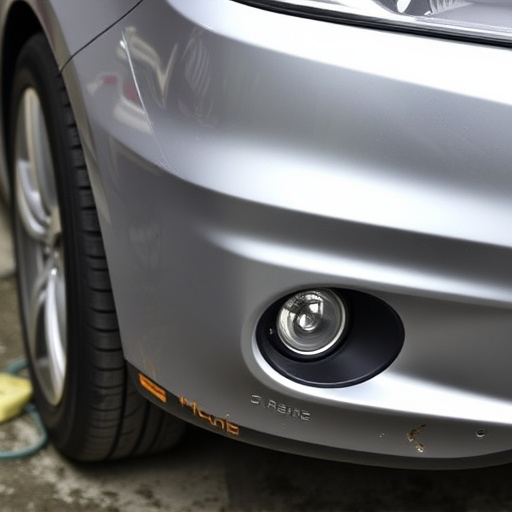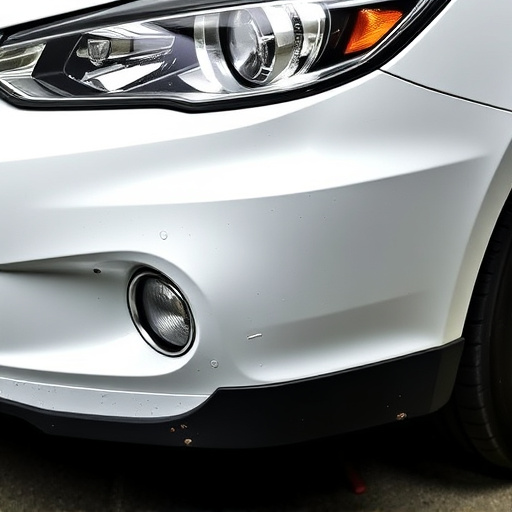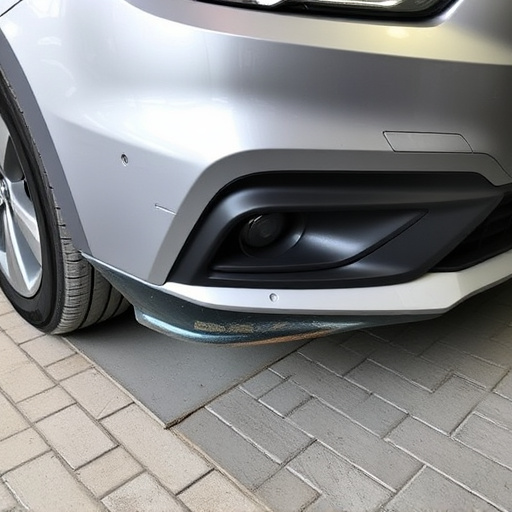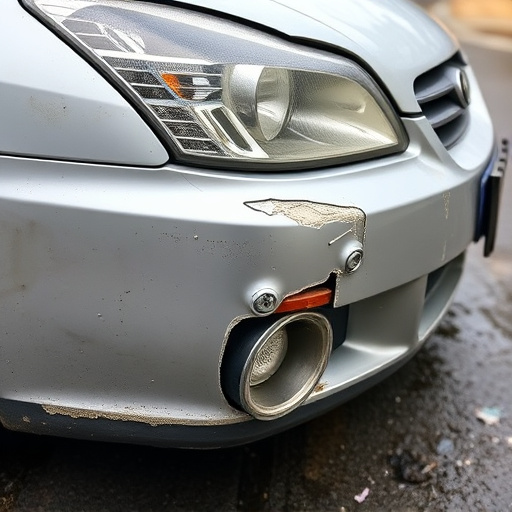Digital systems revolutionize hazardous waste management through real-time monitoring and accurate tracking of substances, ensuring compliance with environmental regulations. By digitizing data, enhancing transparency, and minimizing human errors, these technologies improve safety and efficiency in sectors like automotive restoration, ultimately protecting workers and the environment.
Digital systems are transforming hazardous waste management, enhancing accuracy and safety. This article explores how cutting-edge technologies improve tracking, data collection, and processes involved in handling dangerous substances. By adopting digital solutions, organizations can achieve more efficient and precise hazardous waste management, reducing environmental risks and ensuring compliance with regulations. Discover the benefits of accurate data collection, streamlined workflows, and advanced monitoring for a safer, more sustainable future.
- Digital Systems: Enhancing Hazardous Waste Tracking
- Accurate Data Collection for Safer Disposal
- Streamlined Processes: Reducing Human Error in Management
Digital Systems: Enhancing Hazardous Waste Tracking

Digital systems have revolutionized hazardous waste management by providing accurate tracking and real-time monitoring. These advanced technologies offer a structured approach to managing potentially dangerous materials, ensuring compliance with environmental regulations. By digitizing the process, waste generators can precisely record and retrieve data related to hazardous substances, including their types, quantities, and disposal methods. This enhances transparency and accountability throughout the management chain.
For instance, in automotive restoration or auto collision centers offering collision repair services, digital systems enable efficient tracking of chemical compounds used in painting, cleaning, and repair processes. This ensures that hazardous waste is properly categorized, stored, and disposed of, minimizing environmental impact and potential health risks to workers. The ability to quickly access and update waste management data facilitates better decision-making, allowing facilities to optimize their practices and contribute to a safer, more sustainable future in the automotive industry.
Accurate Data Collection for Safer Disposal

In the realm of hazardous waste management, accurate data collection is paramount for ensuring safer disposal practices. Traditional methods often rely on manual processes and subjective assessments, leaving room for human error and potential risks. However, digital systems revolutionize this aspect by providing real-time, precise data capture. Through advanced sensors, mobile applications, and cloud-based platforms, professionals can now accurately track the type, quantity, and hazardous level of waste generated, facilitating more informed decision-making processes.
This enhanced accuracy is particularly crucial in sectors like vehicle repair, fender repair, and collision repair services, where handling toxic substances requires meticulous care. Digital tools enable specialized workers to quickly input data on chemicals used, ensuring compliance with environmental regulations and minimizing the potential for accidental exposure or improper disposal. By leveraging these innovative solutions, hazardous waste management practices become more efficient, safer, and better equipped to protect both workers and the environment.
Streamlined Processes: Reducing Human Error in Management

In the realm of hazardous waste management, digital systems have revolutionized processes, significantly reducing human error that can occur during handling and tracking. Traditional manual methods often relied on paper records and complex, labyrinthine processes, making mistakes more likely and tracking difficult. Digital solutions streamline these processes by automating data entry, creating real-time records, and implementing advanced tracking features. This ensures that every step from collection to disposal is meticulously documented and easily accessible, minimizing the chance for human oversight or miscalculations.
Just as digital systems enhance precision in hazardous waste management, they offer comparable benefits in other areas requiring meticulous attention to detail. Consider vehicle repair services; car dent repair and car scratch repair professionals now leverage technology to ensure repairs are accurate and efficient. These digital tools not only improve the quality of services but also contribute to a more sustainable approach by optimizing resource use and minimizing waste, mirroring the principles applied in hazardous waste management.
Digital systems have revolutionized hazardous waste management, offering unprecedented accuracy and efficiency. By enhancing tracking, collecting data precisely, and streamlining processes, these technologies significantly reduce human error and ensure safer disposal methods. This shift towards digital solutions is a game-changer in the industry, fostering a more sustainable and responsible approach to managing hazardous waste.














